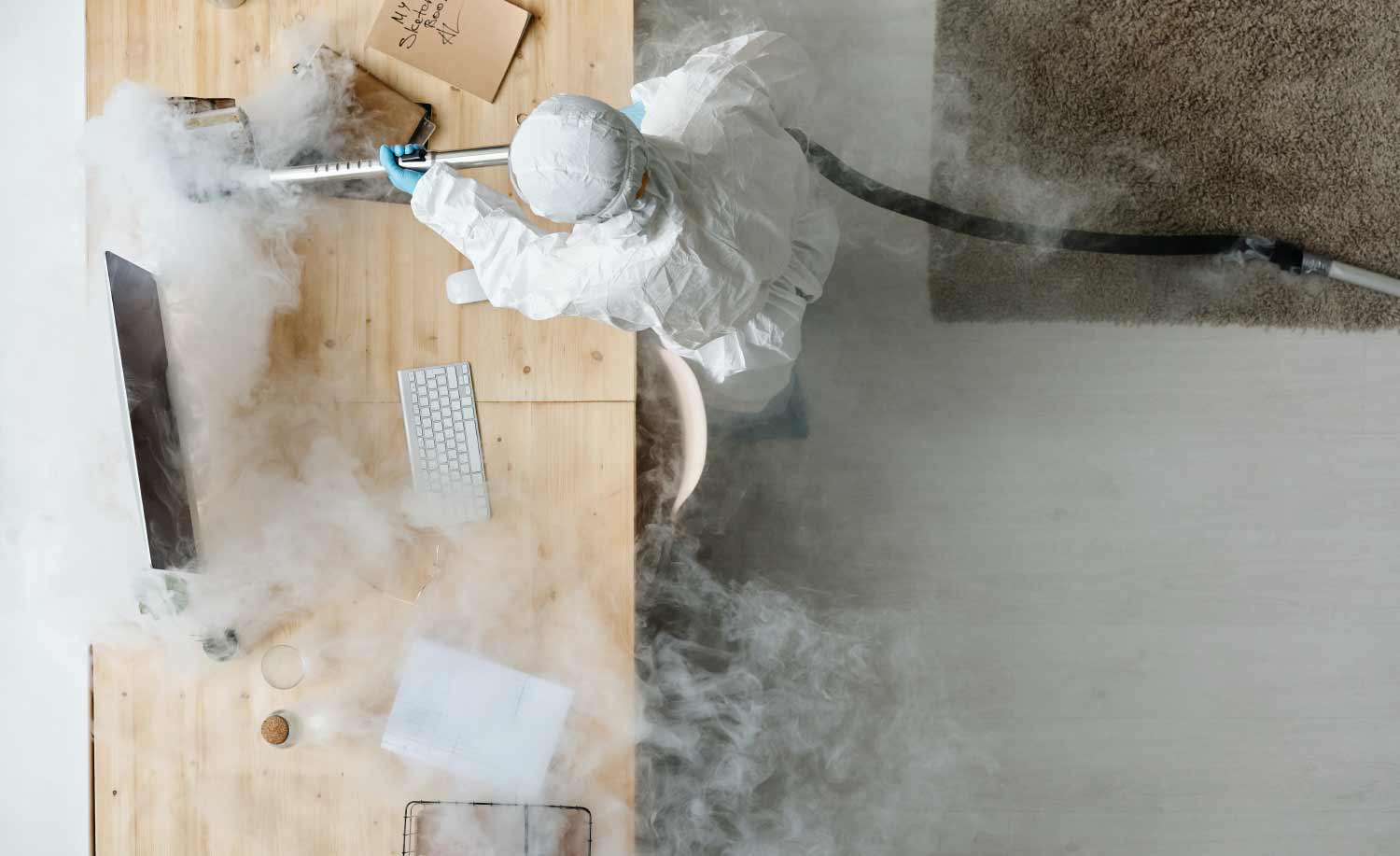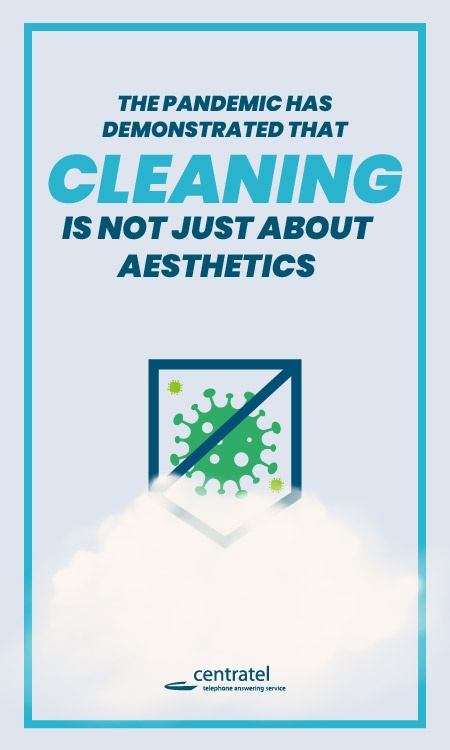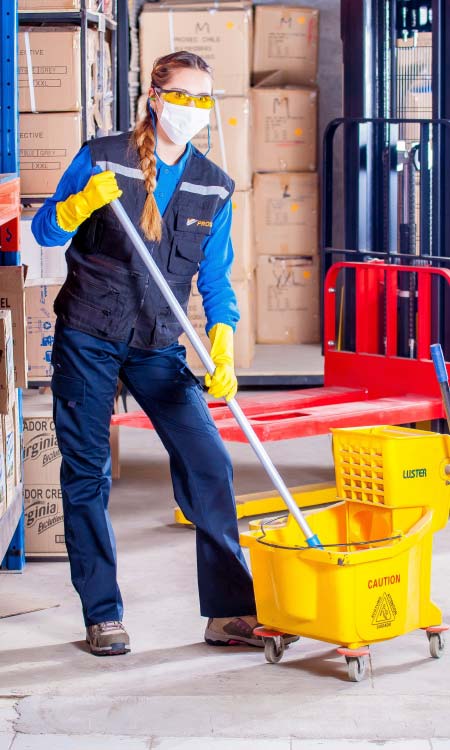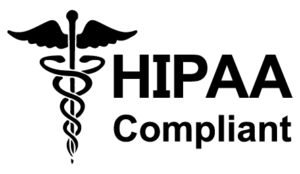
As is the case in every industry, COVID-19 is taking its toll on cleaning and restoration services. Like other industries, cleaning and restoration companies must find ways to forge ahead safely, with an eye to both a “new normal” that is temporary and the understanding that some elements of it may be permanent.
On the one hand, business may be slowing down for some providers of cleaning and restoration as their clients shut their doors for either the short or long term. On the other hand, the need for disaster restoration does not end because of a pandemic. Furthermore, careful cleaning is now more important than ever and can be considered an “essential service,” one of the few businesses allowed to remain open even if there are further shutdowns ahead.
The pandemic has demonstrated that cleaning is not just about aesthetics but is a critical element of personal and public health.

Who Needs Cleaning and Restoration?
Property managers, who may have previously had staff who cleaned and monitored buildings, may be unwilling to expose them to the dangers presented by COVID-19 if they are untrained and lack proper equipment. The same may be true for insurance companies, who may need to enter properties to do routine assessments or assessments in response to a claim. These companies may be turning to cleaning and restoration companies in greater numbers than ever before. However, this also means that cleaning and restoration companies must have protocols in place to protect themselves and these premises.
This may include legal protection. Companies that have not already done so may want to prepare documents that address such issues as recontamination risks and warranties. These documents are best prepared with the assistance of an attorney because specific legal language may be necessary to cover all relevant hazards and possibilities. Spending a little money now could lead to significant savings later.
Workflow
Like many other businesses, a shift to a digital workflow may also be necessary. Reducing the points of contact between staff and customers reduces the likelihood of any disease spread. The ability to exchange documents, contracts and questionnaires digitally and to obtain digital signatures is crucial. These may all need to be revised to reflect COVID-19 protocols and questions of liability.
COVID-19 protocols must take precedence over normal protocols.
This may include needing to decontaminate all equipment after a job is completed and before it is loaded back into company vehicles. Any necessary readings should be done with the least possible contact, and results should be reported digitally. Final documents dealing with completion and payment should also be issued digitally.
Employee Safety and Retention
A well-trained staff is the lifeblood of a successful cleaning and restoration company. Employees may also need adequate protective gear to prevent COVID-19 contamination and training on how to use it correctly. If your staff has to go into quarantine, you cannot respond efficiently to customer needs, and you could lose business. Furthermore, no one wants to have to lay off staff, particularly in a pandemic. This can mean that your company needs to respond proactively, both in terms of safety protocols and in continuing to seek new business and demonstrate the value offered by partnering with a cleaning and retention company.
COVID-19 Aftermath

Even after the pandemic subsides and even if a vaccine is found, businesses and the public in general are likely to remain more vigilant about cleanliness. Furthermore, there may be collaborative efforts between the cleanliness and restoration industry, public health agencies and government.
It is currently unclear when the situation will improve, whether it happens as a result of an effective vaccine or a change in the virus itself that makes it less contagious and less dangerous. There is likely to be a transitional period that businesses will have to prepare for as well. In some areas, the threat of COVID-19 may ebb and surge for a time, and companies may need to be prepared to shift their best practices rapidly in response.
In collaboration with public health agencies, cleaning and restoration companies may have a part in the recovery from COVID-19 as well as in planning for any future similar episodes.
Pandemic planning needs to encompass a variety of sectors because there could be a knock-on effect either from the pandemic itself or from other crises combined with the pandemic, such as natural disasters. In such situations, the role of cleaning and restoration companies could include
- creating blueprints for safe restoration and cleanup
- helping to restore manmade environments
- cleaning and restoration to allow continuation of critical services
Both private businesses and public agencies may increase their funding for cleaning services.
The Role of an Answering Service
Not only do disasters continue to happen even in the middle of a pandemic, but they can be considerably more severe and come with a host of new challenges. Unlike some companies, cleaning and restoration businesses may find themselves busier than ever, and they need to position themselves as reliable and available. An answering service can be the perfect solution that ensures this 24/7 availability without having to keep staff on call simply to answer phones.
A well-trained answering service can triage calls, connecting callers with immediate help when necessary and getting the relevant information for issues that can be dealt with during the following work day.
Sensitivity may be needed for some of these calls regardless of their urgency, and an answering service staff with special training in cleaning and restoration can respond to these calls appropriately.
Whether or not COVID-19 is here to stay, it is also likely that safety protocols will shift with the awareness of the disruption a pandemic can cause. Industries such as cleaning and restoration are among those that will be critical in ensuring more robust responses and safety procedures are in place for similar future crises.
